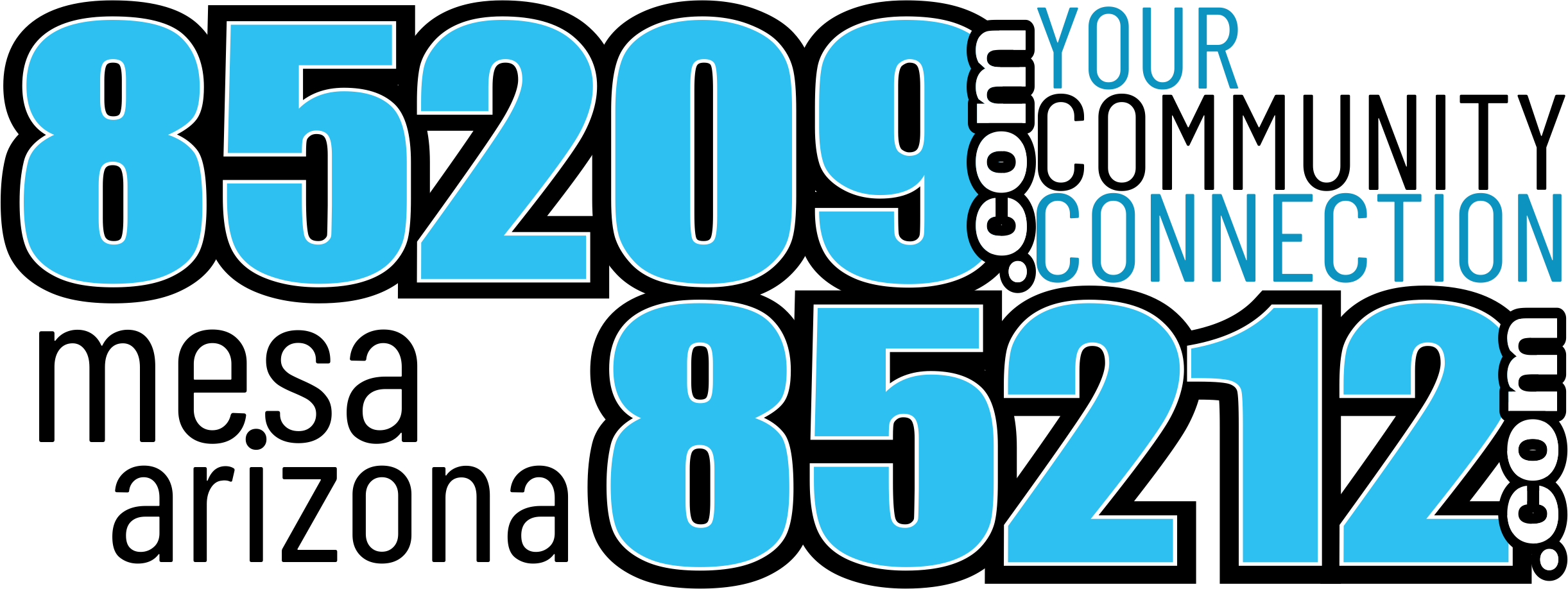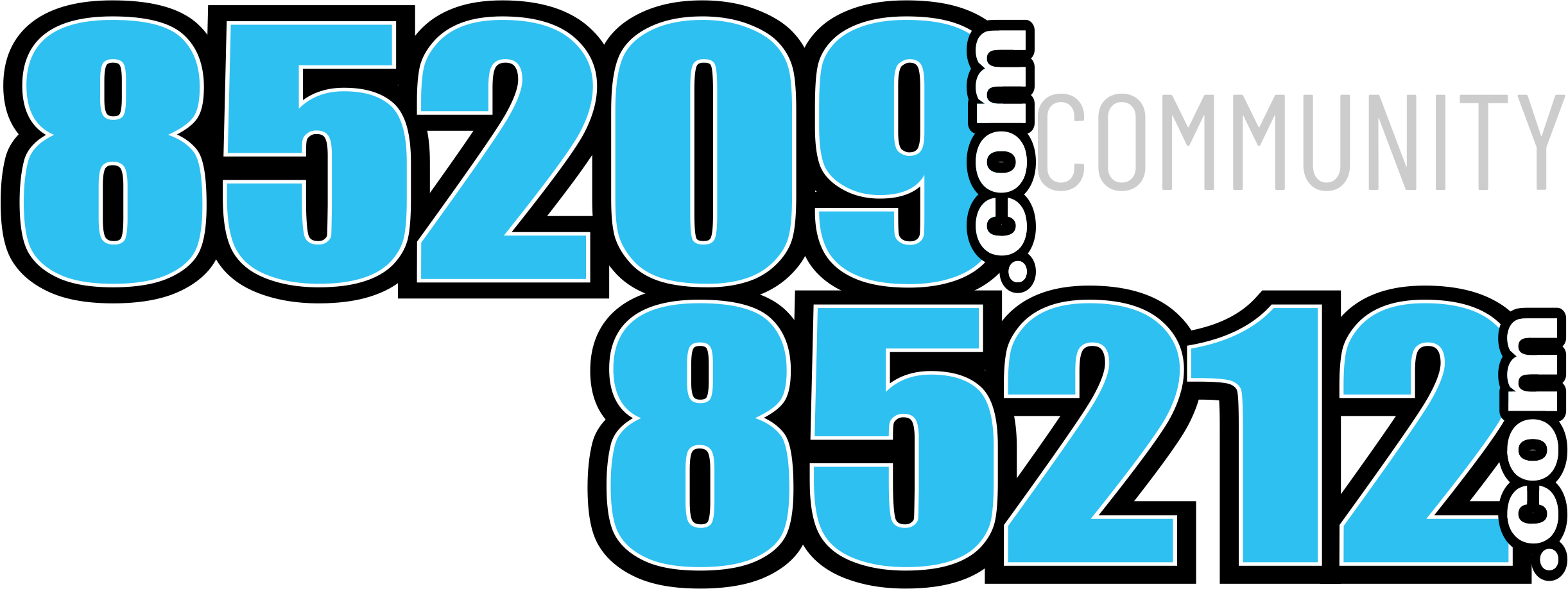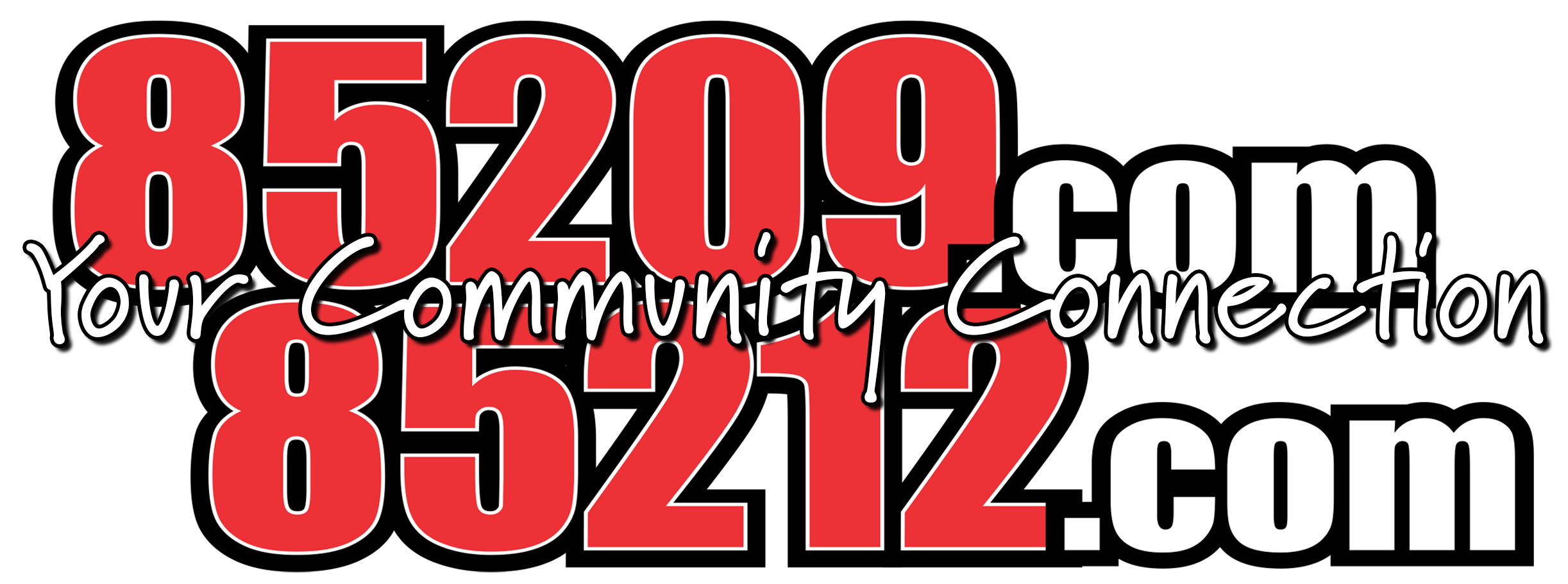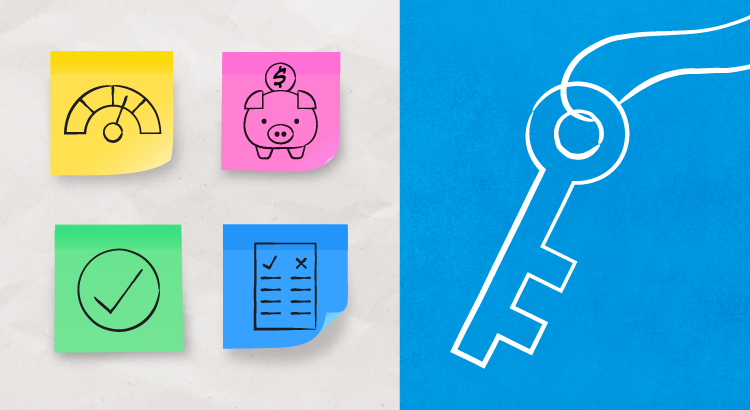With all of the volatility in the stock market and uncertainty about the Coronavirus (COVID-19), some are concerned we may be headed for another housing crash like the one we experienced from 2006-2008.
The feeling is understandable. Ali Wolf, Director of Economic Research at the real estate consulting firm Meyers Research, addressed this point in a recent interview, “With people having PTSD from the last time, they’re still afraid of buying at the wrong time.”
As of this time, a U.S. recession is now nearly a certainty because of damage done by the coronavirus outbreak.
There are many reasons, however, indicating this real estate market is nothing like 2008. Here are five visuals to show the dramatic differences.
1. Mortgage standards are nothing like they were back then.
Unlike during the last recession, the financial system is sound.
During the housing bubble, it was difficult NOT to get a mortgage. Today, it is tough to qualify. The Mortgage Bankers’ Association releases a Mortgage Credit Availability Index which is “a summary measure which indicates the availability of mortgage credit at a point in time.” The higher the index, the easier it is to get a mortgage.
As shown below, during the housing bubble, the index skyrocketed. Currently, the index shows how getting a mortgage is even more difficult than it was before the bubble.

2. Prices are not soaring out of control.
Below is a graph showing annual house appreciation over the past thirty years. Though price appreciation has been quite strong recently, it is nowhere near the rise in prices that preceded the crash.
The red line on the graph is a 4% appreciation trendline. Pricing today is still comfortably below the 30 year trendline.

3. We don’t have a surplus of homes on the market.
We have a shortage.
The months’ supply of inventory needed to sustain a normal real estate market is approximately six months. Anything more than that is an overabundance and will causes prices to depreciate. Anything less than that is a shortage and will lead to continued appreciation.
There were too many homes for sale in 2007, and that caused prices to tumble. Today, there’s a shortage of inventory which is causing an acceleration in home values.
4. Houses were not affordable.
The affordability formula has three components: the price of the home, the wages earned by the purchaser, and the mortgage rate available at the time.
Fourteen years ago, prices were high, wages were low, and mortgage rates were over 6%. Today, prices are still high. Wages, however, have increased and the mortgage rate is about 3.5%.
That means the average family pays less of their monthly income toward their mortgage payment than they did back then.
5. People are equity rich, not tapped out.
In the run-up to the housing bubble, homeowners were using their homes as a personal ATM machine. Many immediately withdrew their equity once it built up, and they learned their lesson in the process.
Prices have risen nicely over the last few years, leading to over fifty percent of homes in the country having greater than 50% equity. But owners have not been tapping into it like the last time. While some homeowners have done cash-out refis in the last few months, homes hold much more equity than they did in 2007.
From 2005-2007, homeowners cashed out $824B with refis yet only cashing out $232B from 2017-2019.
During the crash, home values began to fall, and sellers found themselves in a negative equity situation (where the amount of the mortgage they owned was greater than the value of their home). Some decided to walk away from their homes, and that led to a rash of distressed property listings (foreclosures and short sales), which sold at huge discounts, thus lowering the value of other homes in the area. That can’t happen today.
Bottom Line:
We’re in a different boat than we were in the last recession, but we can’t predict what will happen with COVID-19’s impact on our economy.
Housing will still have a demand in Arizona. People continue to move here, and there is not enough inventory as it is.
With housing still affordable, buyer demand still high (as of press time,) it is still a seller’s market in Arizona.







